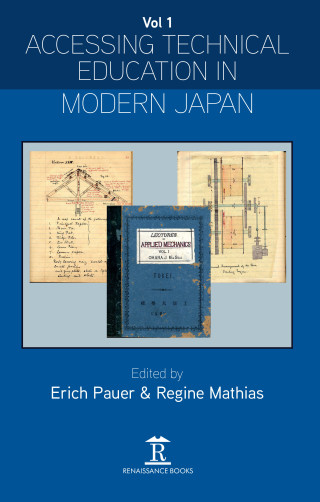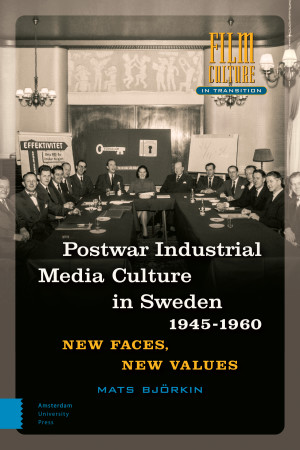During the 1950s in Sweden, companies aiming for international markets demanded new theories and methods of communication. Ideas regarding cybernetics, systems analysis, new accounting practices, and budgetary principles as well as theories of information, communication, marketing, public relations, and organization were discussed at conferences and seminars and in courses, articles, and books. At the same time, new technologies were introduced that changed corporate communication, from loose-leaf accounting systems to mechanical and electronic business machines, from written texts and oral presentations to slide shows, audio tapes, films, television, and flannelgraphs. By looking at a vast array of objects and relations related to uses of media technologies in Swedish industry from the end of World War II to the breakthrough of television, this book shows what happened in the glitches between mass communication and interaction, and how Swedish industry after the war worked to disrupt established understandings of communication.

